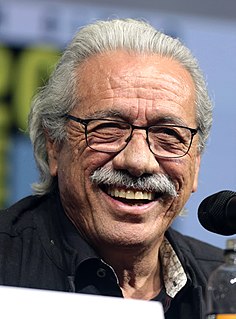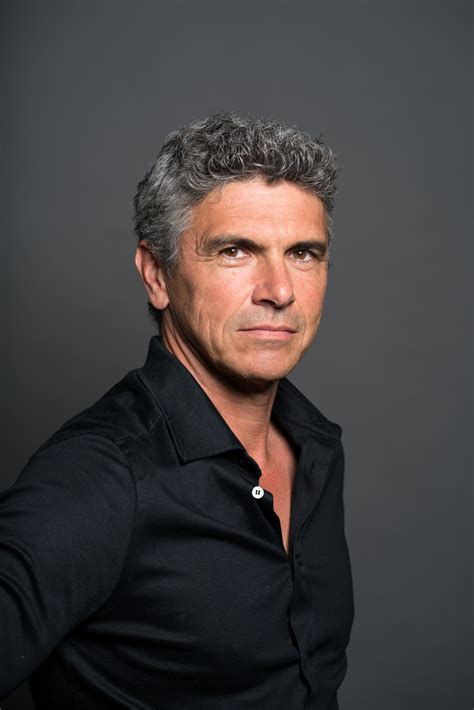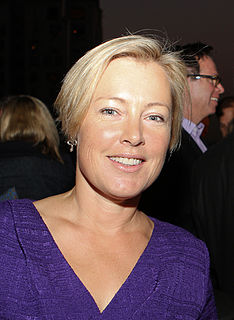A Quote by Edward James Olmos
Yeah, the New York Times is very intellectual and very, very prestigious, but it doesn't reach the market that People magazine does.
Quote Topics
Related Quotes
Recently it's become much to my surprise, something that does happen. For example, I used to get almost all of my stories, and it's probably still true, from newspapers. Primarily from The New York Times. No one ever really thinks of The New York Times as a tabloid newspaper and it isn't a tabloid newspaper. But there is a tabloid newspaper within The New York Times very, very often.
Two of the last four executive editors at the New York Times were Johannesburg bureau chiefs at some point, Bill Keller and Joe Lelyveld. This is a very prestigious post and I was like I don't know 28 years old, which at the Times is very young, I had the temerity to put my hand up for that job. I don't think I slept a single night of those six weeks that I spent in Johannesburg. It was an unbelievable experience, and I think I did okay.
The New York Times will tell you what is going on in Afghanistan or the Horn of Africa. But it is no exaggeration that The New York Times has more people in India than they have in Brooklyn. Brooklyn is a borough of two million people. They're not a Bloomingdale's people, not trendy, sophisticated, the quiche and Volvo set. The New York Times does not serve those people.
One big disturbance, I think, between L.A. and New York is that New York is so condensed and together that it's very hard to be private there. There's a lot of constant interchange, people know what you're doing all the time. Here in L.A. it's the opposite, it's very spread out, unless you make a conscious effort to go someplace and look at something, you don't see it and we hear about it. So in that sense, it's a city where you can be very anonymous if you want to be, or even if you don't want to be.
While we have a very strong popular culture, the roots of American culture are very shallow, and we put emphasis on how a movie does as far as the box office goes. Many years ago, it would have been vulgar to print box - office grosses in the paper. Now The New York Times does it, and it's the big story for people interested in arts and entertainment on Monday. Which is why emphasis has shifted away from filmmakers and fallen on movie stars and business people.



































